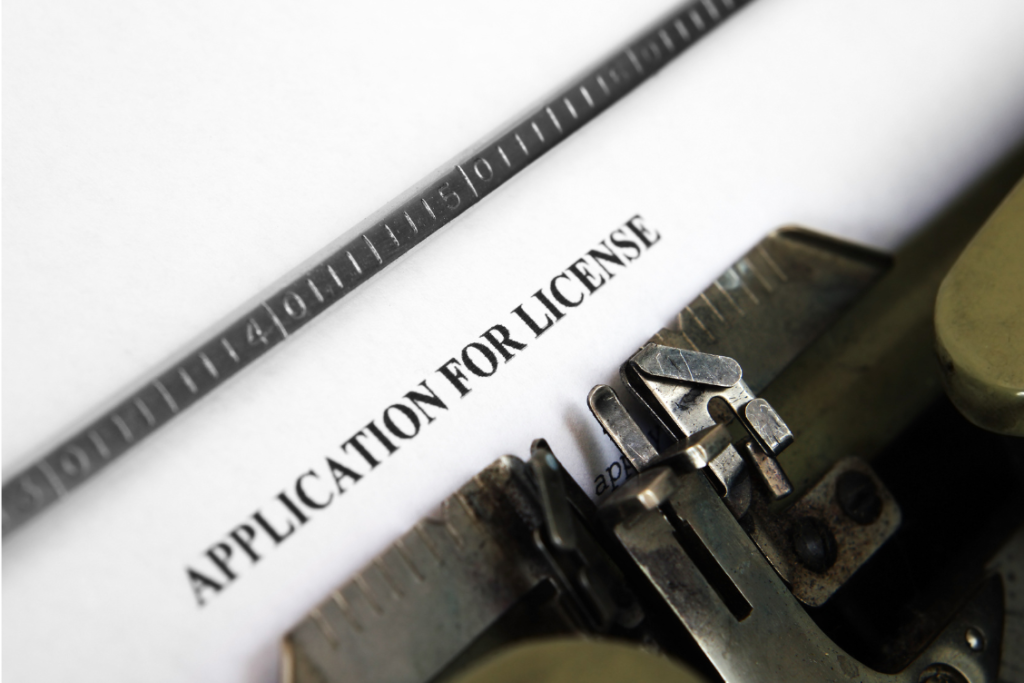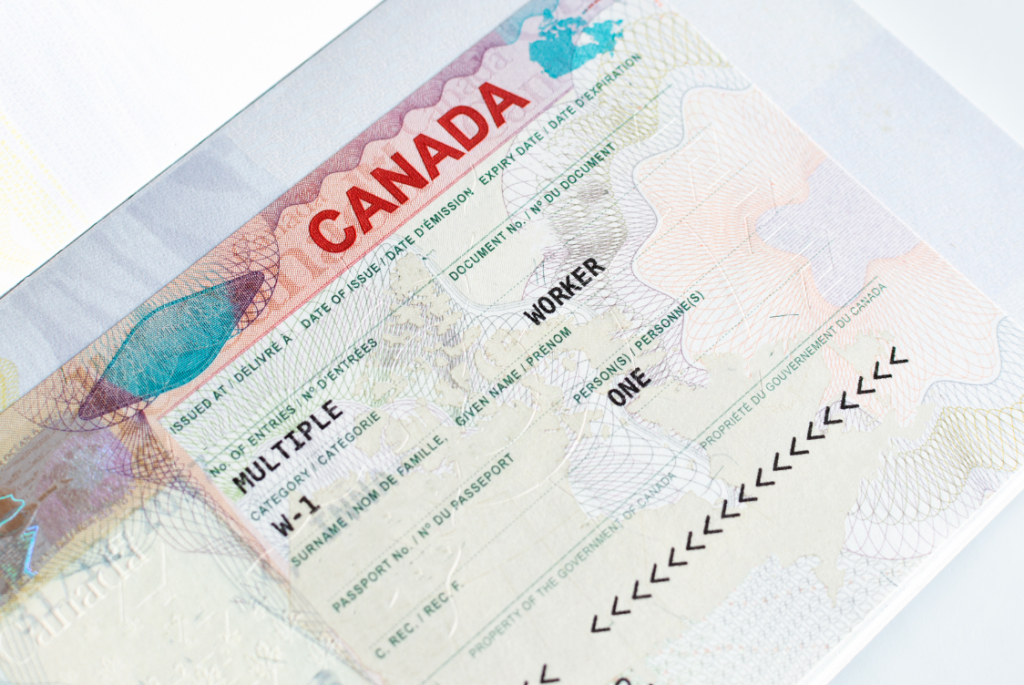Do you have a job offer in an occupation that is regulated, or requires certification or licensing in Canada? In the past, occupations that were regulated in Canada may have led to a dead-end when it came to getting a work permit due to the difficulties in becoming certified while outside Canada. However, recent updates to the operational instructions and guidelines regarding temporary foreign workers have now provided details about what you, the foreign worker, can do to get a work permit if you have a job offer in a regulated profession in Canada.

First, what is a “regulated” or “certified/licensed” profession in Canada? These are occupations that restrict employment to individuals who have been vetted and approved to work in a specific occupation by a provincial or federal organization. The organization may require a certain certification or a license to work in the occupation as well. In other words, it is an occupation that requires specific education, experience, and/or training to be able to work in the job in Canada.
There are many examples of occupations that are regulated, or that require certification or licensing in Canada. Just a few include:
- Long-haul truck drivers;
- Nurses;
- Engineers;
- Chartered Professional Accountants (CPAs);
You can check for yourself using ESDC’s National Occupation Classification (NOC) system whether your occupation has restrictions on employment or requires licensing. This is included under “Employment Requirements”. But speaking of the NOC codes, one important distinction to make regarding employment requirements is whether some certain education, experience, and/or training are mandatory, or “usually” required. If an occupation mentions the words “usually required” or “may be required”, it means that the item is not absolutely required, and it’s possible your work permit application can still be approved even without meeting the item in that list.
Taking the occupation of “long-haul truck driver” from the above list as an example, we can see that the employment requirements under the NOC code (73300) are:
- Completion of secondary school is usually required.
- On-the-job-training is provided.
- Completion of an accredited driver training course of up to three months duration, through a vocational school or community college, may be required.
- A Class 3 or D licence is required to drive straight-body trucks.
- A Class 1 or A licence is required to drive long combination vehicles.
- Air brake endorsement (Z) is required for drivers who operate vehicles equipped with air brakes.
- Transportation of dangerous goods (TDG) certification is required for drivers who transport hazardous products or dangerous goods.
- Additional licensing endorsement or certification may be required to drive articulated trucks.

Since points 4-7 are “required” and not “usually” or “may be” required, it means the worker must meet those requirements before they can work in that profession in Canada (depending on the type of license and driving they will do). Since driver’s licenses are issued provincially, this means that the worker must be licensed in the province of the employer and job offer to be able to work in the profession. This applies to any regulated profession that requires a provincial instead of federal endorsement – it wouldn’t make much sense to be licensed as a nurse in Ontario if your supporting employer and job offer are located in British Columbia, right?
So how does this relate to the recent update in the operational manuals and instructions for processing work permits that are regulated? IRCC has recently provided details that foreign workers with a job offer supported by an approved LMIA or LMIA-exempt job offer can still apply and be approved for a work permit even if they are not yet licensed/certified in the occupation in Canada. They go on to say that if the work permit applicant is likely to be able to obtain the required licensing or certification within a “reasonable” timeframe (they say four months as an example) upon arrival in Canada, then the work permit can be approved initially with a condition to obtain the licensing by a certain date.
It is important to note that the applicant must provide a detailed and clear plan for how they can obtain their licensing in Canada before or shortly after arrival. For example, in the same example of long-haul truck drivers, the worker should be able to explain in their work permit application: when the required driving training will be scheduled; who will pay for it; where it will take place, and; if the worker will be paid during the training period.

Overall, this is good news for workers who have job offers in regulated occupations in Canada – especially for occupations that require applicants to be in Canada and even on a certain immigration status (e.g. work permit) to become licensed/certified in the first place. Just be aware though that you must explain clearly in your application how you will be able to become licensed shortly after arrival. Your supporting employer may be able to provide you with information about this. But, if either you or your employer need help navigating this aspect of the application, or the LMIA or work permit applications as a whole, we have professionals ready to help.

